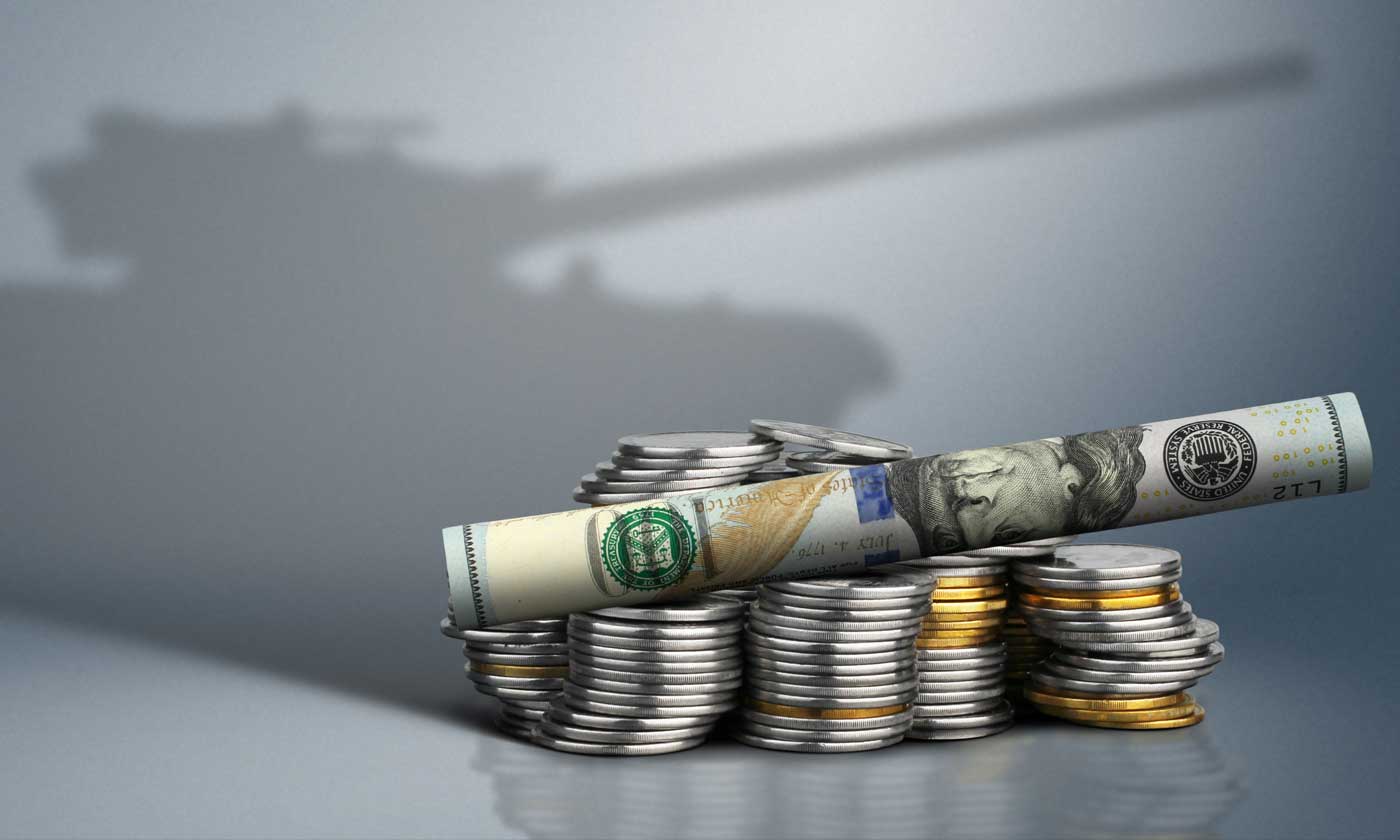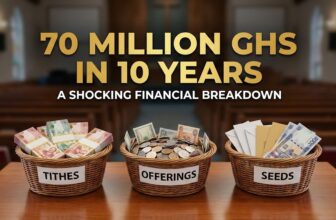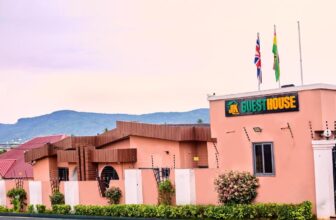When the Bombs Drop Elsewhere, Africa Still Bleeds: How Global Wars Are Crippling Ghana and the Continent

Right now, missiles are flying between Israel and Iran, and the Russia-Ukraine war shows no signs of ending. But while the battlefields are far away, the pain is intensely local especially here in Ghana and across Africa.
Global Wars, Local Wounds
These are not just “foreign conflicts.” They are economic earthquakes that rattle even the most peaceful corners of the world. Ghana, a country with no war on its soil, is being drawn into a silent crisis that threatens livelihoods, business survival, and national stability.
Fuel Prices on Fire
Middle East tensions always spike global oil prices. Iran is a major oil player, and instability there affects everyone including Ghana, which relies heavily on imported fuel.
Result? Transport fares rise, electricity costs soar, and everything from food to building materials becomes more expensive. Ghana’s average citizen is left paying the price for bombs that never fell on our land.
From Ukraine’s Fields to Ghana’s Markets
Ukraine and Russia used to feed the world, especially Africa, with wheat and grains. Now, their war has disrupted exports, triggering bread price hikes, cooking oil shortages, and rising food costs.
Ghana, which imports a significant portion of its wheat, has seen a dramatic increase in prices of basic foods — with no sign of relief.
Cedi Under Siege
As global investors grow nervous, they pull out of vulnerable markets like Ghana, weakening the Ghanaian cedi. Add in the rising cost of imports, and the result is crippling inflation and a struggling economy.
For everyday Ghanaians, that means less purchasing power, thinner wallets, and rising frustration.
Africa’s Bigger Burden
Across the continent, nations are being forced to cut budgets, borrow more, or suffer silently. From Kenya to Nigeria, from Ghana to Senegal, economies are taking hits they can’t afford.
- Humanitarian aid is shrinking as Western nations focus on their own military spending.
- Terrorist groups and rebels in unstable regions are exploiting global distractions.
- Investment in African development, education, and infrastructure is being sidelined by global defense priorities.
Tourism and Travel Take a Hit
Global instability means fewer tourists. Ghana’s efforts to position itself as a top African destination for diaspora returnees and business travelers are being undermined.
And let’s not forget the Ghanaians in conflict zones students, workers, entrepreneurs. Their lives are upended, and the remittances they send home? Disrupted.
What Does the Future Hold?
The real fear? These wars could drag the world into deeper conflict, which would mean even more pressure on fragile economies like Ghana’s.
If tensions escalate:
- Global supply chains could collapse.
- Food insecurity could spike.
- Another global recession could push millions into poverty — especially in Africa.
Our Role and Our Response
Africa must not remain a passive victim of global power plays. It’s time for African unity, bold economic strategies, and investment in self-reliance. Ghana, in particular, must explore:
- Domestic food production
- Renewable energy independence
- Regional trade agreements that cushion us from global shocks
We must speak boldly on the world stage, not just as bystanders, but as stakeholders whose lives and economies are on the line.
Final Thought:
When bombs fall in the Middle East or Europe, they echo all the way to Accra and Tamale. The global economy is a chain and right now, that chain is shaking.
Africa, and Ghana especially, must no longer be collateral damage in wars we didn’t start. It’s time to fight back not with weapons, but with resilience, policy, and unity.






